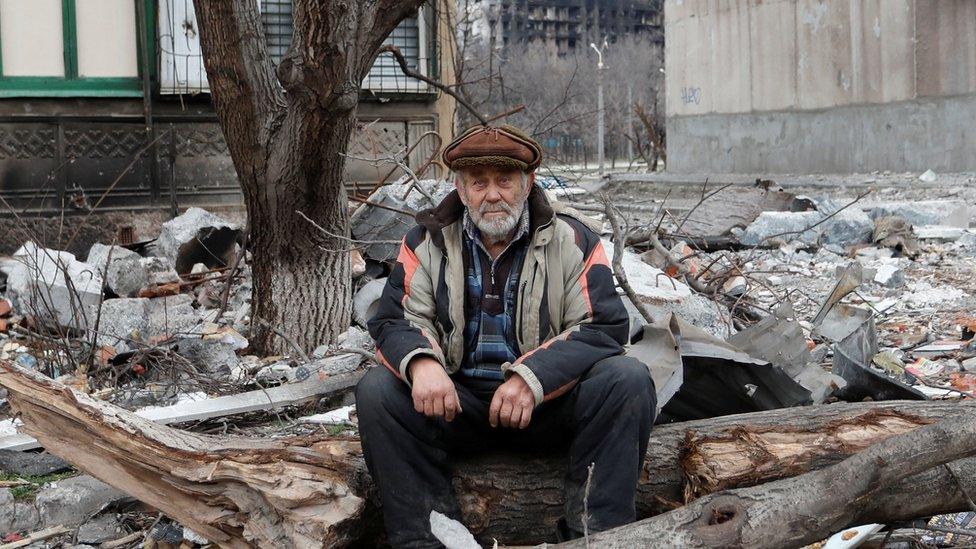Ukraine war: Professor tells of elderly mother's death in Mariupol
- Published
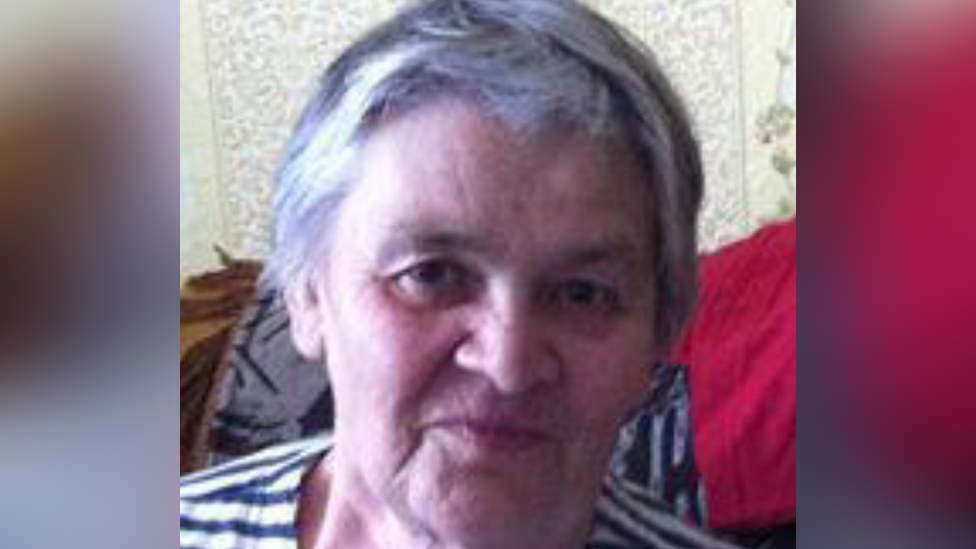
A Ukrainian professor at the University of Cambridge has told how his mother was found dead by a neighbour in the besieged city of Mariupol.
Andrei Kirilenko said the neighbour could not bury his 85-year-old mother Svetlana due to the danger from Russian shelling.
He had not been able to speak to her since early March. He believes she died on 11 March.
The last time the two spoke, he said, they had been "saying goodbye".
Prof Kirilenko told BBC Radio 4's Today programme the neighbour had told him her son had found Mrs Kirilenko in her home not breathing on 11 March.
Because of the shelling, it was too dangerous for the neighbour to bury her, so he took her body into a cold garage, so that it would be preserved for longer.
He does not know what happened after that.
The key port city of Mariupol, in the eastern Donbas region, has been encircled by Russian troops and has seen intense fighting for weeks.
While some efforts to evacuate civilians were successful, several failed and large parts of the city have been destroyed.
"They [the neighbours] had to escape just as soon as they could," Prof Kirilenko said.
The last time he spoke to his mother he said she was "saying goodbye".
"She was talking a bit about her past and was also asking a bit about my son, her grandson, who is college-bound, so she was thinking a bit about her past but also about the future."
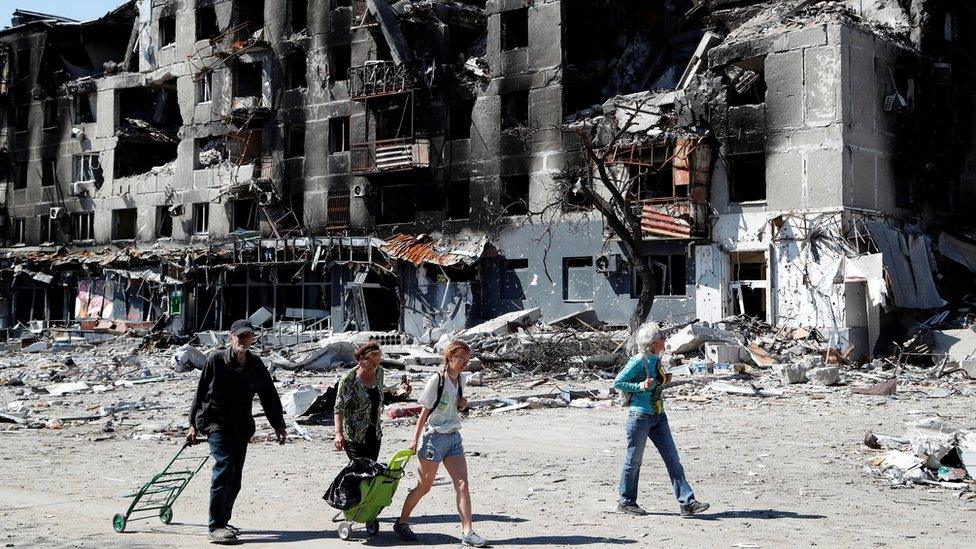
Local residents walk past an apartment building destroyed during Ukraine-Russia conflict in the southern port city of Mariupol
Mrs Kirilenko had a tough life. As the eldest of three children, with her father called away to war and her mother working, it had fallen to her to care for her younger siblings.
She survived the Nazi occupation of her town during World War Two and her father being sent to a concentration camp after the war.
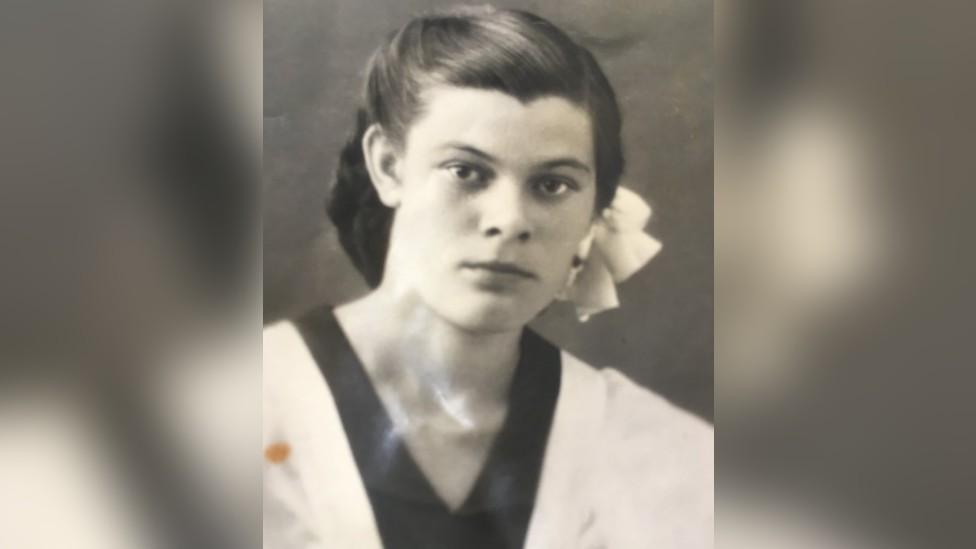
Prof Andrei Kirilenko said this photo was taken of his mother the year she went to college in Kharkiv, in Ukraine
Prof Kirilenko said his mother had been proud of him and her grandson - and was glad to see them flourishing.
"So many generations before me could not realise their talents and ambitions that she was happy to see it finally come out."
He said she had always valued freedom and being able to speak freely, having grown up under communist rule.
"She grew up not being able to express herself and she said freedom is somehow undervalued but it is truly the most important thing out there," he added.
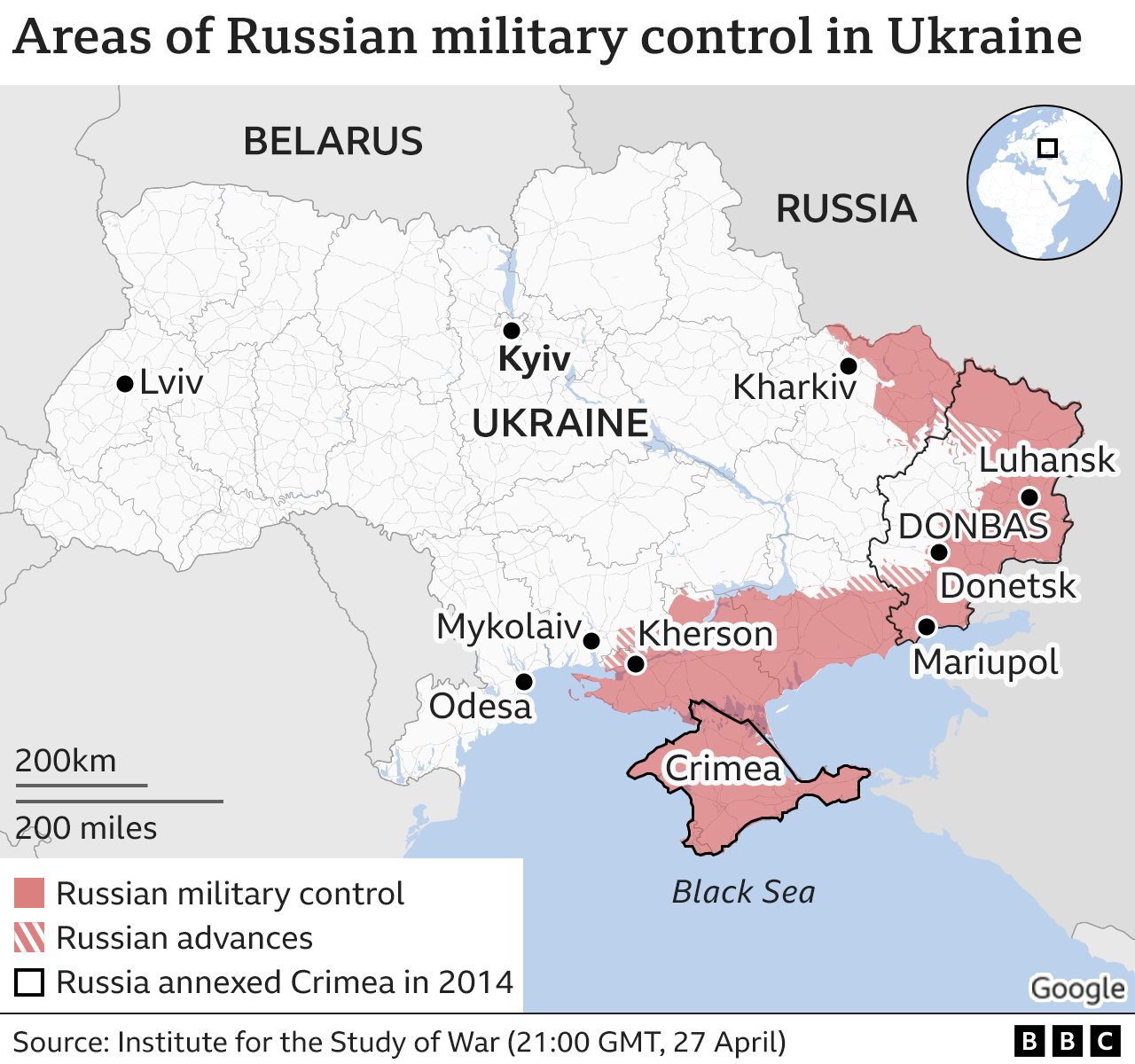
Even before the current Russian invasion, war was not far away from her, as fighting has been taking place in the eastern Donbas region since 2014.
Prof Kirilenko said: "She lived very close to the edge of the city and she could hear shelling pretty much every day. There were soldiers dying on both sides, there were casualties every day on both the Russian and Ukrainian side, certainly the Ukrainian side."
Since then, he said he stopped speaking to her in Russian, using Ukrainian instead, but she had continued to speak Russian to him.
"The reason I switched was because I felt Russians have weaponised their language, and speaking Russian. especially that close to the front lines. was like an invitation to invade," he said.
"But she made her choice, she continued speaking Russian, she lived in that city because she felt that's where she belongs, that's where her roots are, that's her city."
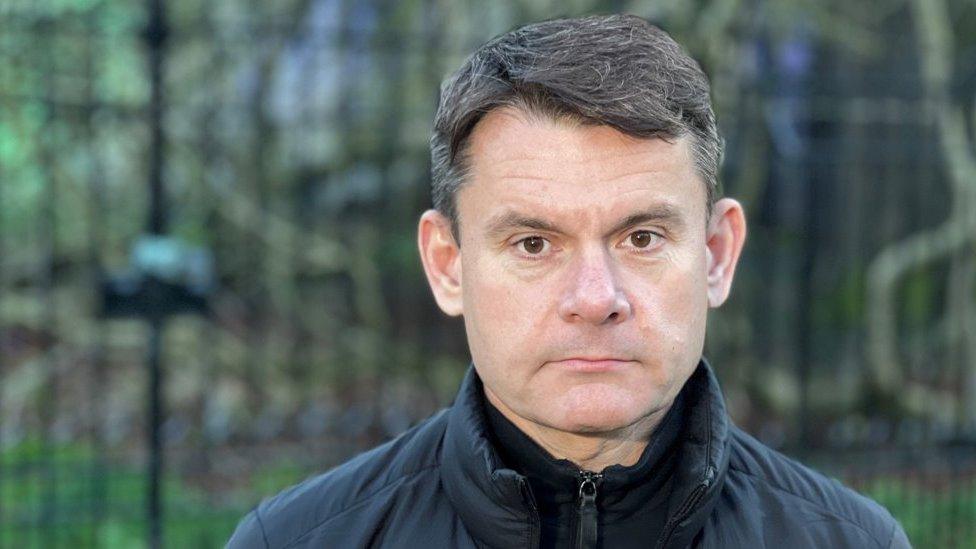
Andrei Kirilenko is a professor of finance at the university's Judge Business School
Reflecting on his mother's life Mr Kirilenko said that for many in her generation "survival was probably how they approached life - not happiness".
Asked how he'd like people to honour her life he said: "If you feel like you want to have an argument don't do that, if you felt for a while that you wanted to say something nice to someone - today's a good day.
"If you feel you can improve something for someone, one person at a time, today's a good day."
Related topics
- Published4 March 2022
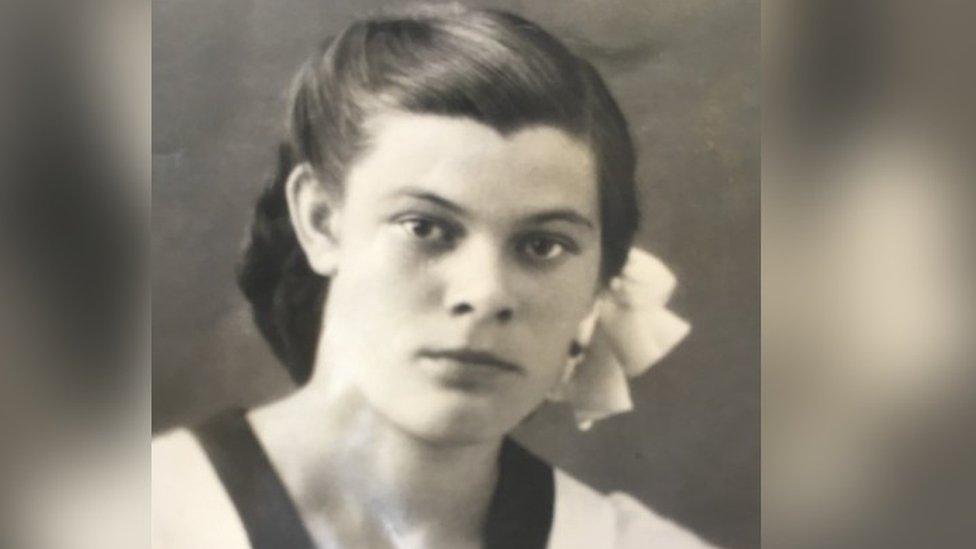
- Published20 April 2022
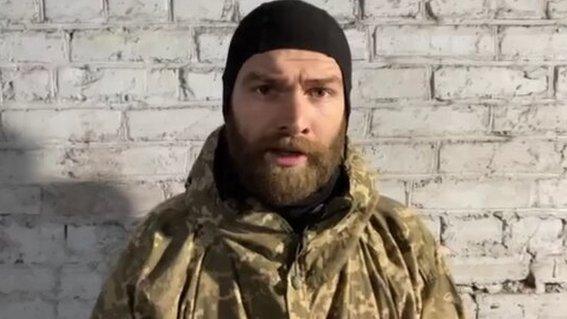
- Published25 April 2022
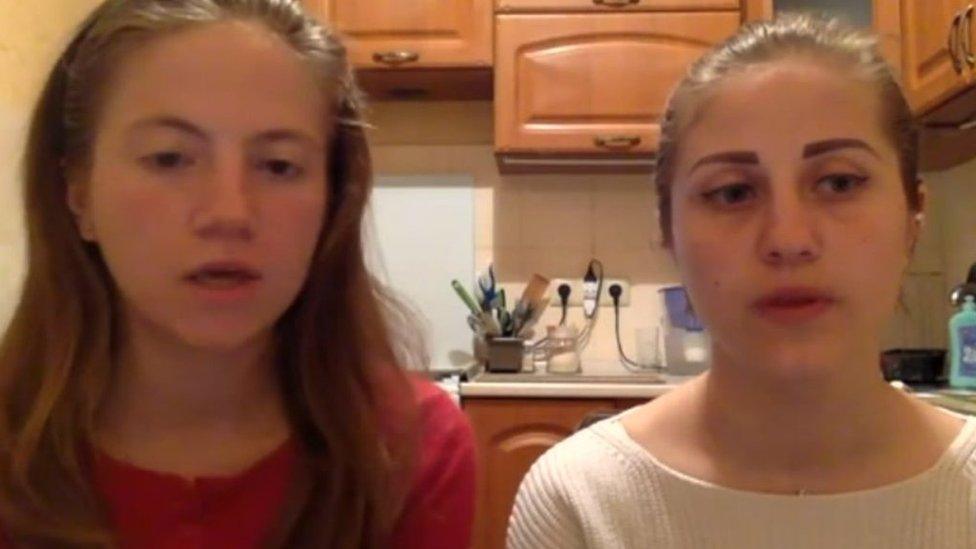
- Published28 April 2022
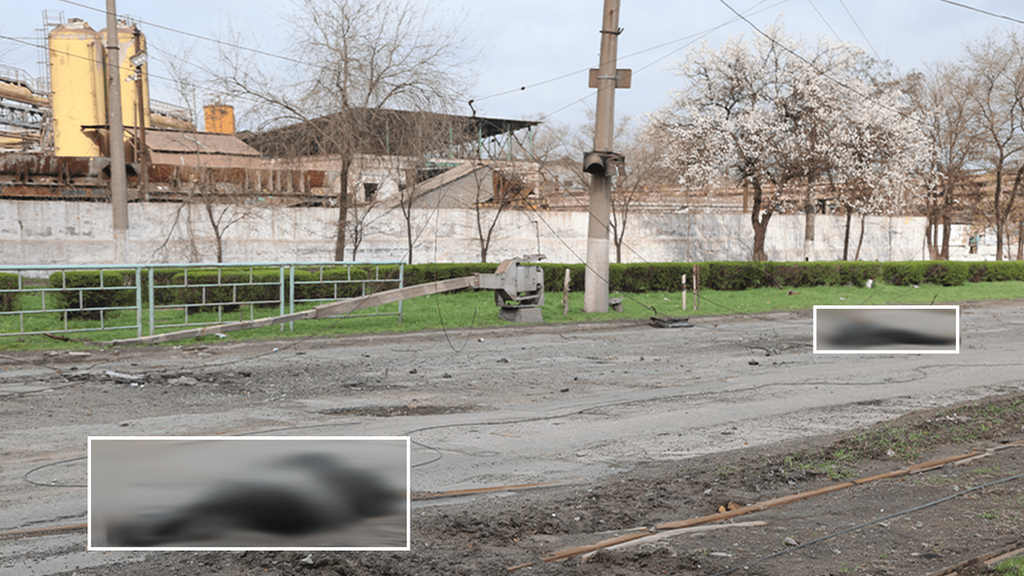
- Published8 April 2022
